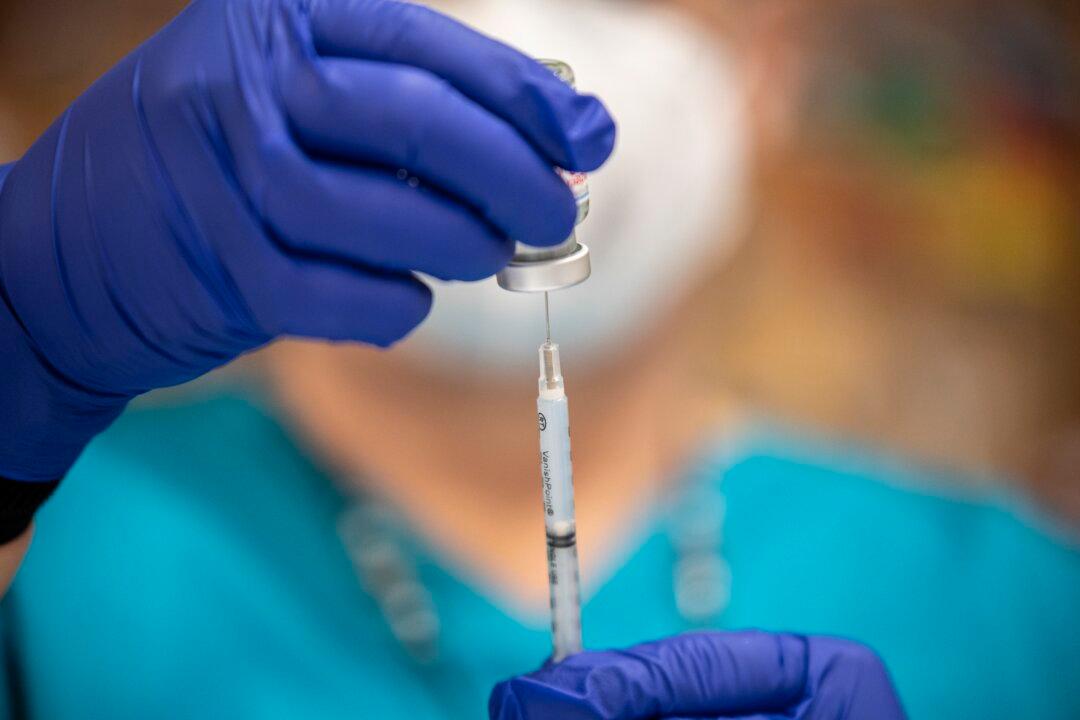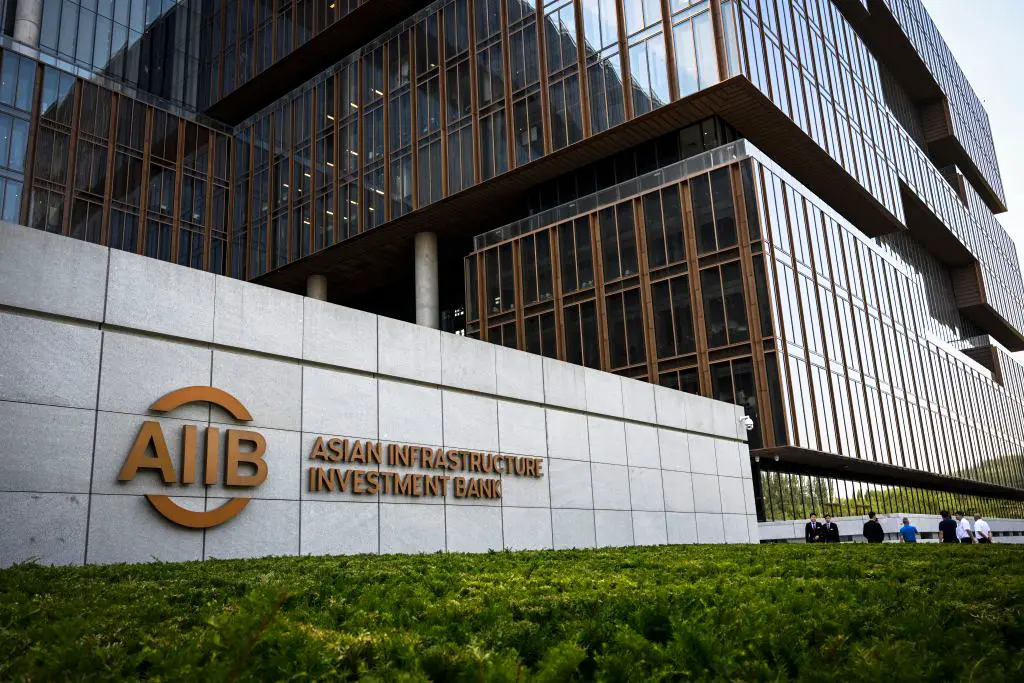Commentary
In January, an Israeli Defence Forces Intelligence report (pdf) warned that Israel’s mass vaccination program could create an Israeli mutation that proved resistant to COVID-19 vaccines. Prepared for Coronavirus National Information and Knowledge Center, the report stated that “The mass vaccine campaign taking place parallel to the active outbreak in Israel may lead to ‘evolutionary pressure’ on the virus.”





